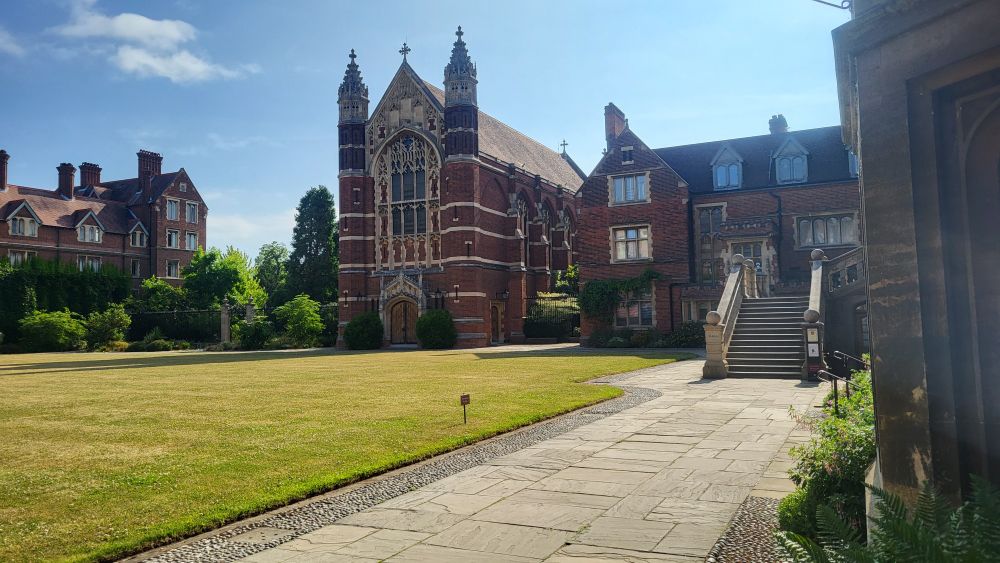Christian Vedel
@christianvedel.bsky.social
1.6K followers
1.8K following
70 posts
Assistant Professor at @sdueconhist.bsky.social, University of Southern Denmark. Interested in Economic Geography, Machine Learning and Causal Inference in Economic History.
https://sites.google.com/view/christianvedel
Posts
Media
Videos
Starter Packs
Pinned
Reposted by Christian Vedel











